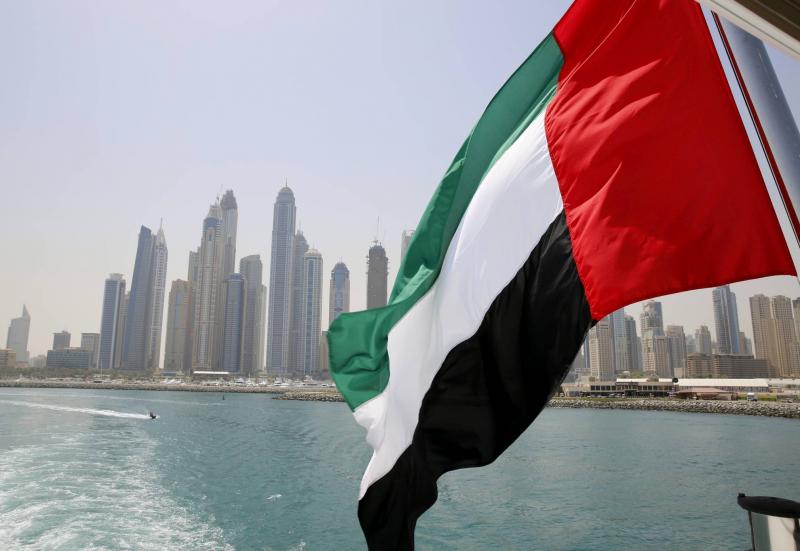Starting today, the UAE assumes the presidency of the UN Security Council for June for the second time during its membership. The UAE will prioritize the values of human fraternity in promoting and sustaining peace, addressing climate change, and enhancing cooperation between the United Nations and the Arab League.
As president, the UAE, in agreement with fellow members, has set the agenda for the Security Council for June. The country will chair the council meetings and facilitate decision-making and other documents, which include a total of 17 briefings, two meetings for troop-contributing countries, an open discussion, 13 closed consultations, and an informal interactive dialogue, in addition to seven approvals for Security Council resolutions.
Ambassador Lana Zaki Nusseibeh, the UAE's Permanent Representative to the UN, stated: "We are pleased to take over the presidency of the UN Security Council for the second time during our membership and to fulfill our commitments, which include securing peace, promoting inclusivity, building resilience, and stimulating innovation, using all available tools to enhance dialogue and bridge perspectives among council members to achieve consensus on the most significant and urgent global issues, thus enabling the council to fulfill its mandate effectively."
She added, "Our presidency comes at a time when we are witnessing a multitude of crises on the agenda that threaten international peace and security; therefore, what is needed is to intensify cooperation to reach innovative and sustainable solutions."
She noted that "the international community currently needs to adopt a comprehensive approach to build bridges that contribute to achieving peace and enhancing global security by supporting constructive dialogue and encouraging multilateral action that transitions from mere discussions of goals to their achievements."
Ambassador Nusseibeh affirmed that "we can, and must, work to enhance interfaith dialogue, address the impacts of climate change on conflicts around the world, and strengthen practical links between the UN and regional organizations."
She added, "The key events during the state’s presidency will focus on these important priorities for council members and the entire international community and aim to build on them."
On June 8, the UAE will host a high-level briefing on cooperation between the UN and the Arab League to reaffirm the importance of Arab-led solutions in addressing regional challenges and explore ways to enhance cooperation between the two organizations on a range of pivotal regional issues, including combating terrorism, and the participation of women and youth, and humanitarian responses to natural disasters.
Additionally, the UAE will organize an open ministerial discussion on climate change, peace, and security on June 13, where examples from UN peacekeeping missions, post-conflict situations, and regional contexts will be presented to highlight the impact of climate change on the Security Council's mandate to maintain international peace and security.
On June 14, the UAE will hold a ministerial briefing on the values of human fraternity in promoting and sustaining peace, seeking to address the gap between the council's focus on conflicts and the intolerance, hate speech, and extremism that often fuel them.
Nusseibeh explained that "the alarming rise in waves of intolerance, hate speech, racism, and extremism can fuel violence and sow division among communities," adding that "the world is facing the highest number of armed conflicts since 1945, thus, holding this event comes at an opportune time."
During this month, Security Council members will also discuss a wide range of topics, ranging from renewing peacekeeping mandates to broad and complex challenges that include various regional contexts.




